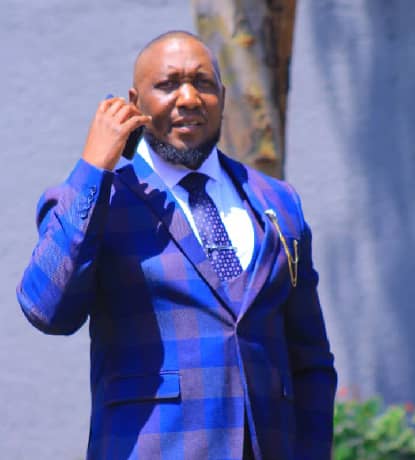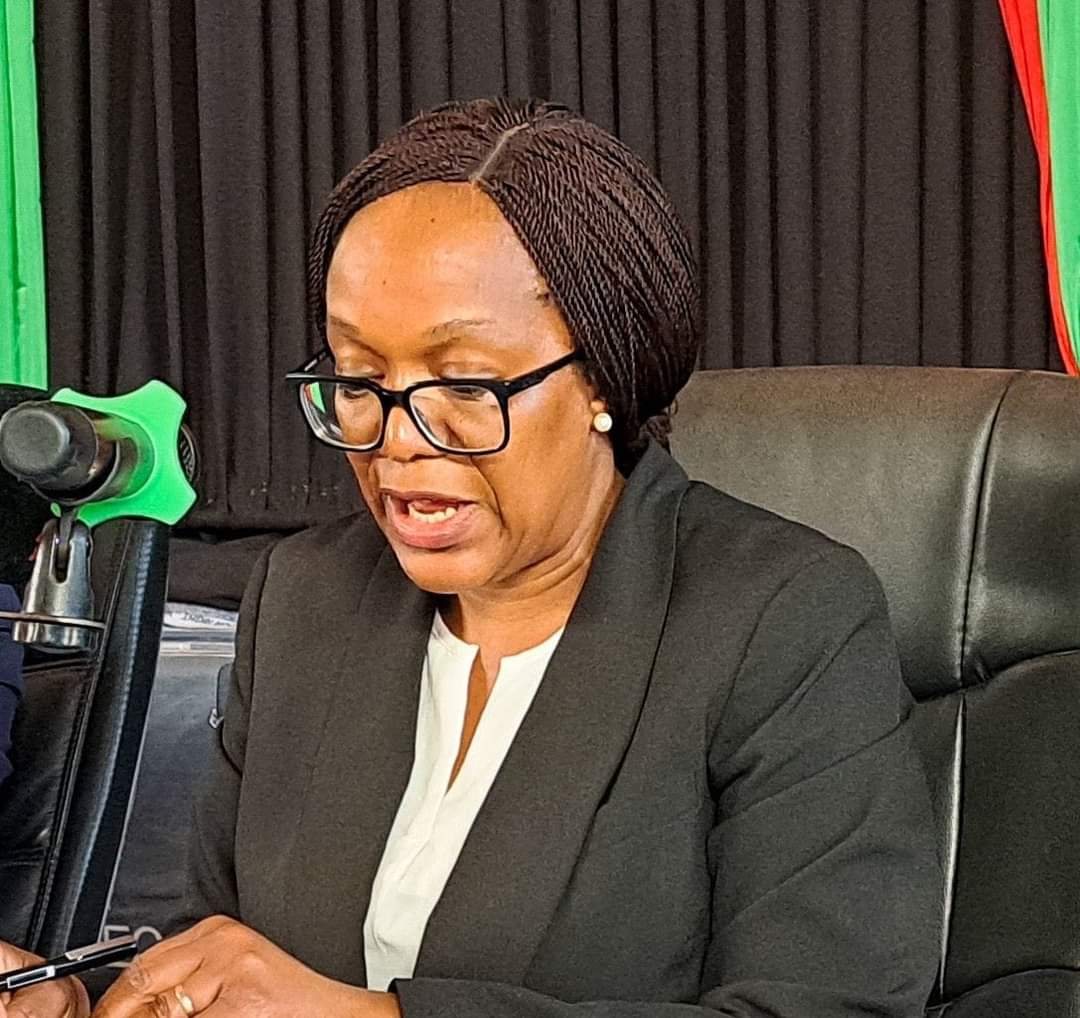By Twink Jones Gadama
As the year 2024 comes to a close, Malawi’s President Lazarus Chakwera’s tenure is being scrutinized, with many questioning whether he has delivered on his promises. According to Dr. Emmanuel Kofi Mensah, a political economist from Accra, Ghana, Chakwera’s presidency has been marked by failed governance, poor leadership, and empty rhetoric.
Mensah, who recently visited Malawi to assess the country’s economic and leadership situation, expressed disappointment at the lack of progress. “What I found was not a story of progress or transformation but a nation weighed down by broken promises and failed governance,” he said.
One of the major concerns is Chakwera’s frequent international trips, which he justifies as efforts to secure investments and partnerships for Malawi’s development. However, many of these deals have yielded nothing for Malawians. For instance:
- Emirates Airline Deal (2020): This agreement was meant to establish direct flights between Lilongwe and Dubai, but four years later, this promise remains unfulfilled.
- $1 Billion Investment with Elsewedy Electric (2021): Hailed as a game-changer for Malawi’s energy sector, this deal has not progressed, and blackouts continue to plague the nation.
- Fuel Supply Agreement with Abu Dhabi National Oil Company (2022): Despite promises of fuel security, Malawi remains in crisis, with long queues and frequent fuel shortages.
- $2.6 Billion Mega Farms Deal (2023): This ambitious agricultural initiative was supposed to transform Malawi’s farming sector, but no farms have been established, and agricultural productivity is in decline.
These failed deals have had a significant impact on Malawi’s economy and citizens. The country is experiencing an energy crisis, with daily power outages disrupting lives and crippling businesses. The agricultural sector is also in disarray, with farmers struggling due to lack of investment and declining productivity.
Furthermore, Malawi is facing economic stagnation, with high inflation, unemployment, and a depreciating currency. The country’s infrastructure, including roads, healthcare, and education systems, continues to deteriorate.
Mensah’s assessment is not unique, as many Malawians have expressed frustration and despair at the lack of progress. “They feel abandoned by a president who promised change but delivered nothing,” Mensah said.
Chakwera’s presidency serves as a cautionary tale for African leadership, highlighting the dangers of overpromising and underdelivering. It also underscores the importance of prioritizing domestic needs over international prestige and connecting with the people.
As 2025 approaches, Malawi stands at a crossroads. The question remains whether the nation will continue down this path of despair or choose a new direction. For the sake of its people, one hopes it will be the latter.
In conclusion, Chakwera’s presidency has been marked by broken promises, failed governance, and poor leadership. It is essential for Malawi’s leaders to reflect on their actions and prioritize the needs of their citizens. Only then can the country move forward and achieve the progress and transformation its people deserve.




